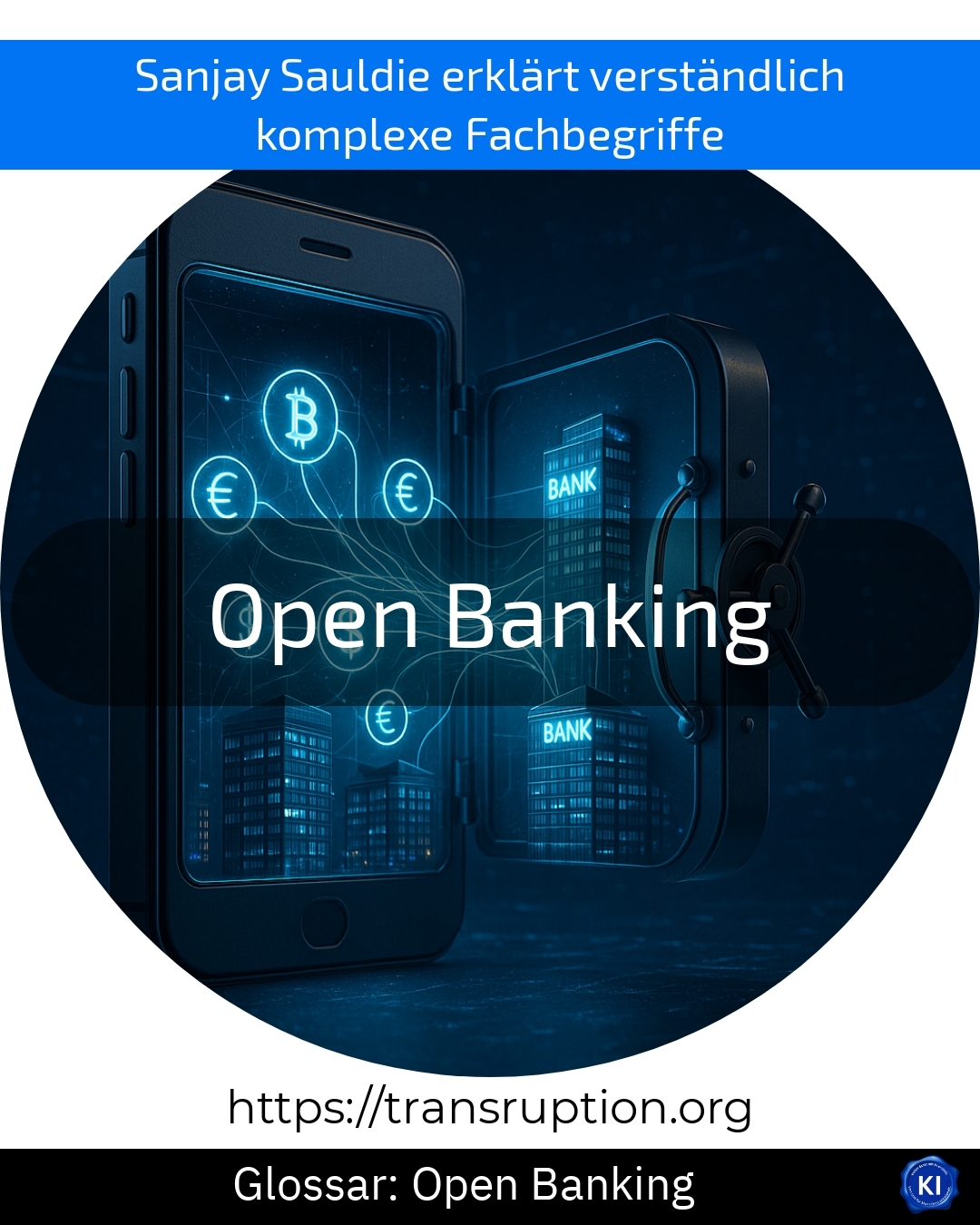Open Banking belongs primarily to the categories Crowdfunding and Finance, Digital Transformation and Cybercrime and Cybersecurity.
Open banking refers to an approach in the financial sector in which banks share their customer data with external providers in a secure and standardised manner - with the customer's consent, of course. The aim is to enable innovative financial services and new digital applications. Data is shared via application programming interfaces (APIs) and is strictly regulated to ensure security and data protection.
For consumers, open banking means more choice and control: for example, anyone who wants to manage their accounts at different banks can see all their finances at a glance with the help of an app. Loan applications, payment services or personal savings tips can also be realised digitally, easily and more quickly.
An illustrative example: you use an app that brings all your accounts together and helps you to analyse your spending or set savings goals. Thanks to Open Banking and your consent, this app accesses your account data and automatically suggests the best electricity tariff - without you having to search through all the providers yourself. This is how Open Banking makes financial processes more transparent, secure and convenient for customers.















